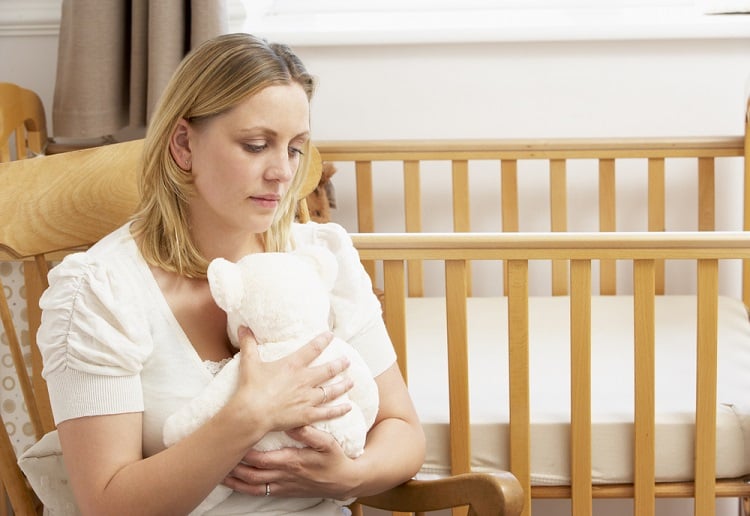A new study has found that something as simple as singing could help treat post-natal depression.
Published in the British Journal of Psychiatry, the study took 134 mothers suffering from post-natal depression and put them in three groups. The first group took part in group singing sessions; the second participated in creative play workshops and the third received their usual care (such as antidepressants or family support).
Researchers found that the women who participated in group singing sessions recovered from post-natal depression more quickly than those in the other groups.
This is the first controlled study of the effect of singing on post-natal depression, the BBC reports.
“Post-natal depression is debilitating for mothers and their families, yet our research indicates that for some women something as accessible as singing with their baby could help to speed up recovery at one of the most vulnerable times of their lives,” says lead researcher Dr Rosie Perkins.
If you need some support contact the PANDA (Perinatal Anxiety and Depression Australia) Helpline 1300 726 306
Share your comments below.
Shutterstock photo




















-

-
-
june11 said
- 15 Feb 2018
-

-
-
Ellen said
- 12 Jan 2018

-

-
-
ashna9 said
- 11 Jan 2018
-

-
-
mom90758 said
- 11 Jan 2018
-

-
-
mom206279 said
- 11 Jan 2018
Post a comment5:48 pm
5:31 am
7:30 pm
3:32 pm
12:47 pm
To post a review/comment please join us or login so we can allocate your points.